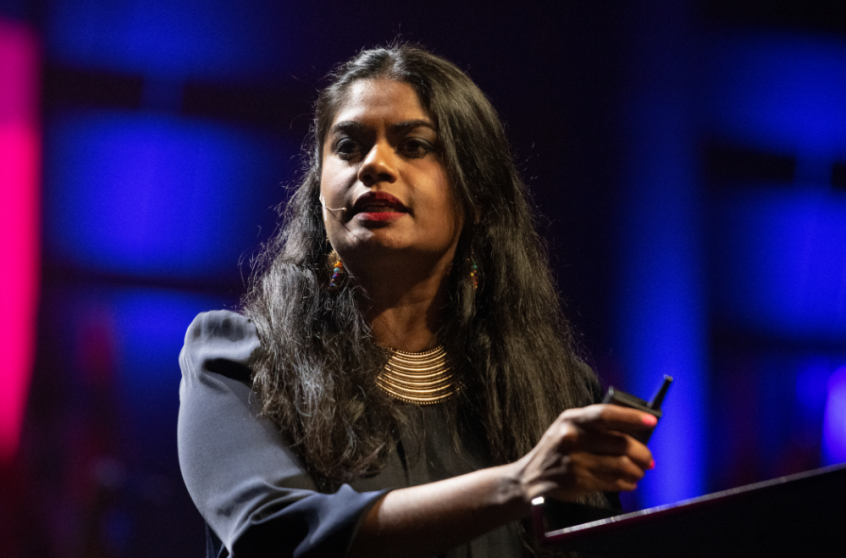
With more and more of the global population living in cities, the Church needs to be ready to respond to the many challenges being thrown up by our increasingly urbanised world, the World Evangelical Alliance has heard.
Dr Genevieve James, head of community engagement and outreach at the University of South Africa, told delegates at the WEA's General Assembly near Jakarta, Indonesia, on Friday that 21st century cities were the "most dynamic places for us to test the claims of the Gospel", but also places of rampant injustice and inequality.
"The Bible begins in the garden and ends in the city. That means we have an urban future," she said.
"Are you excited about this urban future? Because it is great and worth being excited about."
Despite this, she said that many of today's cities were in a "life or death moment", and that their growth in size has not necessarily been matched by a growth in quality of life.
Some of the issues making life hard for many people living in cities of the world were prostitution, cramped and "uninhabitable" living conditions, and too few resources and employment opportunities to go around, she said.
However, she suggested that many churches were not doing enough to support those on the margins, while the "middle classes get a whole lot of comforting".
"Notice that every day, every minute, people are leaving rural areas and coming to the cities around the world," she said.
"Notice that there is a shift in the global population with a 90 per cent increase expected in urbanisation across Africa and Asia. Is the evangelical movement ready for Asia and Africa?
"Notice that the slums are the world's fastest growing human habitat. Are our mission schools, our universities, our church seminaries ready to train labourers for the slums of the world where the teeming masses and multitudes cry out for the God of justice?"
She suggested that the many protests taking place in cities around the world should not be ignored by the Church because they were reflective of a cry for economic justice, political freedom, and concerns about healthcare and employment.
"The cities are crying for justice. Don't just switch off [the TV] and say 'just another protest'. This is the cry: let Your kingdom come," she said.
Dr James went on to issue a stark challenge to the Church, saying that Christians appeared to have "no appetite for justice because while we are growing in numbers, our cities haven't changed."
She argued that this was in part because of a fixation on bigger and better church buildings, and numbers in the pews over discipleship.
"Our practice and presence needs a review; we need to discern afresh," she told assembly delegates.
"After we do our mass evangelism in an urban context, don't just abandon the people. People need fellow travellers in their journey in the city with Christ.
"Don't just seek after the statistical gain and count all those decisions [for Christ]. This fixation with statistical gain as opposed to quality spiritual formation and committed discipleship is deeply painful."
She added: "We've asked [God] for bigger church buildings and all our testimonies are about how we got a bigger building when God is actually asking us to ask for the city.
"Throw down those walls. Why are you fixated about buildings?"
She concluded with a challenge to Christians to speak truth and do God's work in their cities even if it comes at great personal cost.
"This Kingdom work in the cities of our world may mean that you become a marked woman or marked man," she said.
"It may mean that you have to bear the scars. It may mean that you have to carry the cross.
"It may mean that you have to give up your comforts.
"It may even mean that you may have to give up your life."













